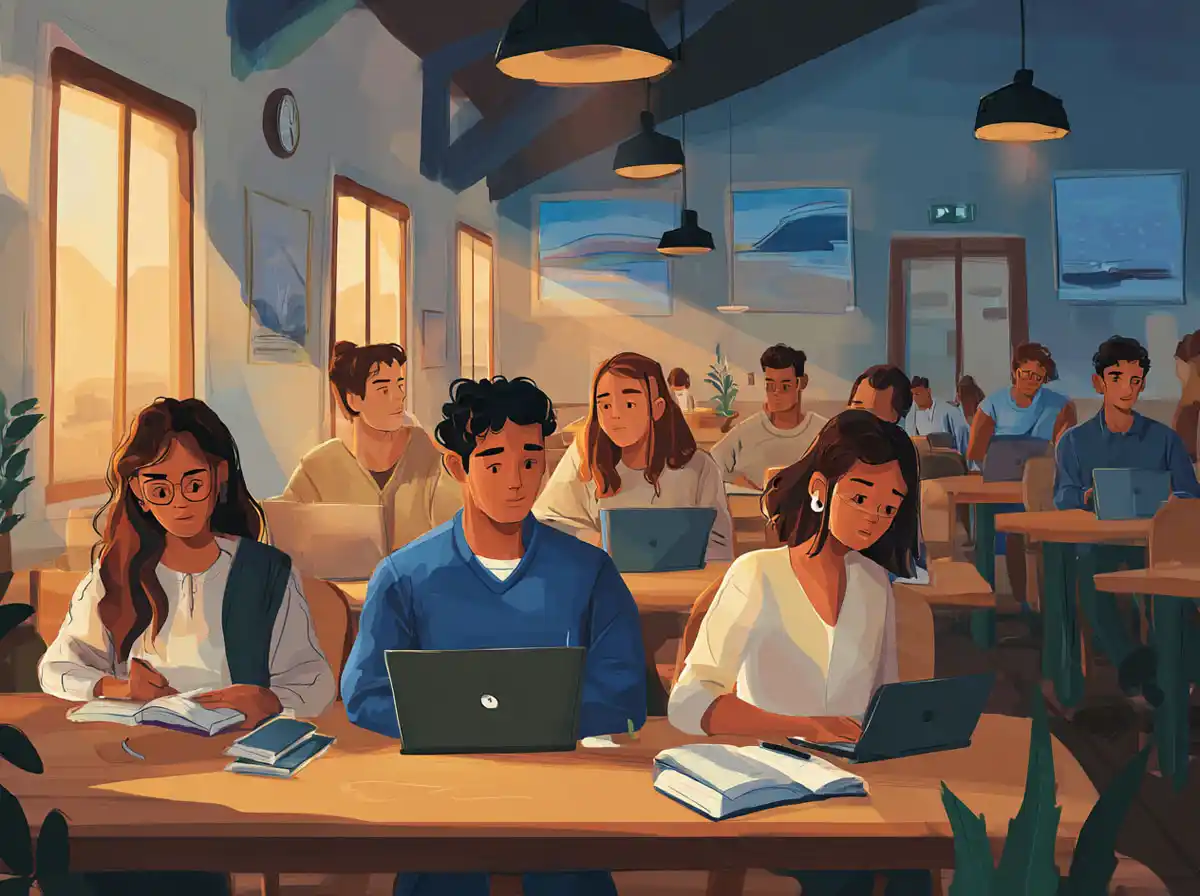Language acquisition is an essential skill in today’s interconnected world, empowering individuals with cultural insights and professional advantages. For students and professionals seeking structured academic environments to master new languages, the University of Rennes 1 offers a robust selection of language learning programs. These programs are designed to cater to diverse linguistic interests and proficiency levels, combining theoretical knowledge with practical application. While traditional university courses provide invaluable benefits, alternative platforms such as Talkpal also present innovative, flexible language learning opportunities that complement formal education. This article offers an in-depth review of the language learning programs at the University of Rennes 1, exploring their curriculum, teaching methodologies, resources, and overall effectiveness.
Overview of the University of Rennes 1 Language Learning Programs
The University of Rennes 1, located in Brittany, France, is renowned for its comprehensive academic offerings, including a strong focus on humanities and social sciences. Language learning is a significant pillar of the university’s curriculum, with multiple programs tailored for students at different stages, from beginners to advanced learners. The language programs emphasize both linguistic competence and cultural understanding, preparing students for global mobility and international careers.
Languages Offered
The university’s language department provides courses in a wide array of languages, including but not limited to:
This diverse offering reflects the university’s commitment to multilingualism and internationalization, attracting students with varied linguistic interests.
Program Levels and Formats
University of Rennes 1 structures its language courses across multiple proficiency levels consistent with the Common European Framework of Reference for Languages (CEFR):
- A1-A2: Beginner
- B1-B2: Intermediate
- C1-C2: Advanced
Courses are available in different formats, including:
- Semester-long intensive language classes
- Year-long comprehensive language modules integrated into degree programs
- Summer language immersion programs
- Online and blended learning options to accommodate remote or part-time learners
Curriculum and Teaching Methodologies
The University of Rennes 1 adopts a communicative and learner-centered approach in its language teaching, balancing grammar, vocabulary, speaking, listening, reading, and writing skills.
Core Components of the Curriculum
The curriculum is designed to ensure students develop a well-rounded linguistic ability:
- Grammar and Syntax: Systematic instruction to build foundational accuracy.
- Vocabulary Acquisition: Thematic vocabulary sets relevant to real-life and academic contexts.
- Oral Communication: Interactive speaking sessions, debates, and presentations to boost fluency and confidence.
- Listening Comprehension: Exposure to authentic audio materials such as news broadcasts, podcasts, and interviews.
- Reading and Writing: Exercises involving contemporary texts, essays, and reports to develop critical comprehension and expression.
- Cultural Studies: Courses integrating cultural insights, literature, and history to deepen contextual understanding.
Innovative Teaching Techniques
The university incorporates several modern pedagogical methods:
- Task-Based Learning: Students engage in real-world tasks, simulating professional and social scenarios.
- Technology Integration: Use of language labs, multimedia tools, and interactive platforms to enhance engagement.
- Peer Collaboration: Group projects and conversational practice sessions encourage peer-to-peer learning.
- Formative Assessment: Continuous feedback through quizzes, oral tests, and assignments to track progress.
Faculty Expertise and Support Services
One of the strengths of the University of Rennes 1 language programs lies in its experienced faculty and comprehensive learner support.
Qualified Instructors
The language teaching staff comprises native speakers and certified language educators with advanced degrees in linguistics, literature, or education. Many faculty members have international teaching experience, ensuring authentic language exposure and cultural competence.
Additional Learning Resources
Students have access to:
- Modern language laboratories equipped with audio-visual technology
- Extensive digital and physical libraries with language learning materials
- Language exchange partnerships facilitating interactions with native speakers
- Workshops and seminars on language learning strategies and intercultural communication
Program Outcomes and Career Benefits
Graduates of the language programs at University of Rennes 1 report significant improvements in language proficiency, intercultural awareness, and employability.
Language Proficiency Certification
The university offers preparation for internationally recognized certifications such as DELF/DALF (French), TOEFL and IELTS (English), DELE (Spanish), and others, enhancing graduates’ credentials.
Career Pathways
Language skills acquired through these programs open doors to:
- International business and trade
- Diplomatic and governmental roles
- Translation and interpretation professions
- Academic research and teaching
- Tourism and hospitality industries
Comparative Insight: Talkpal as a Language Learning Alternative
While the University of Rennes 1 excels in structured, academic language education, platforms like Talkpal offer flexible, user-driven language learning experiences. Talkpal utilizes AI and real-time conversation practice with native speakers globally, catering to learners seeking personalized, on-demand lessons outside traditional classroom settings. For students balancing busy schedules or seeking supplementary practice, Talkpal serves as an excellent complementary tool to formal university programs.
Conclusion
The University of Rennes 1 stands out as a reputable institution for comprehensive language education, combining rigorous curriculum design, expert faculty, and extensive resources. Its diverse language offerings and innovative teaching methodologies equip students with the necessary skills to thrive in multilingual environments. However, for those looking for more flexible or supplementary language learning options, digital platforms like Talkpal present valuable alternatives. Ultimately, learners benefit most by leveraging both formal education and modern technological tools in their language acquisition journey.










